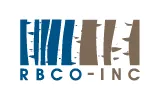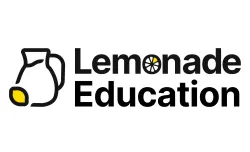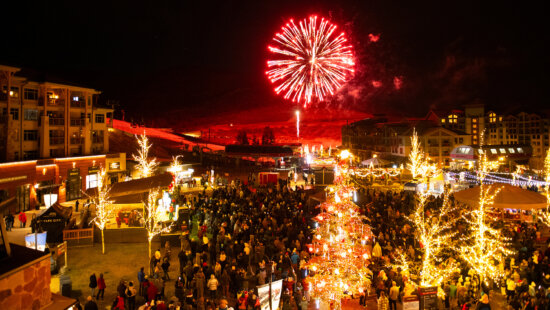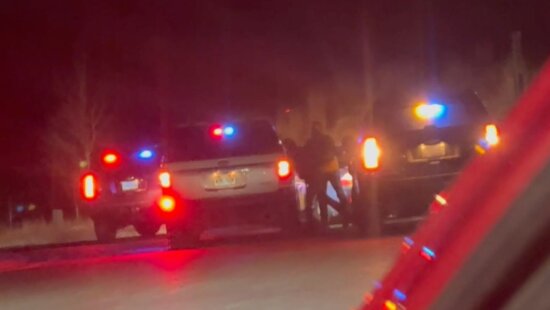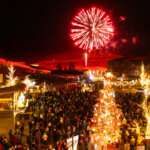News
Tony Hawk, Utah Sports Commission open new Salt Lake skatepark
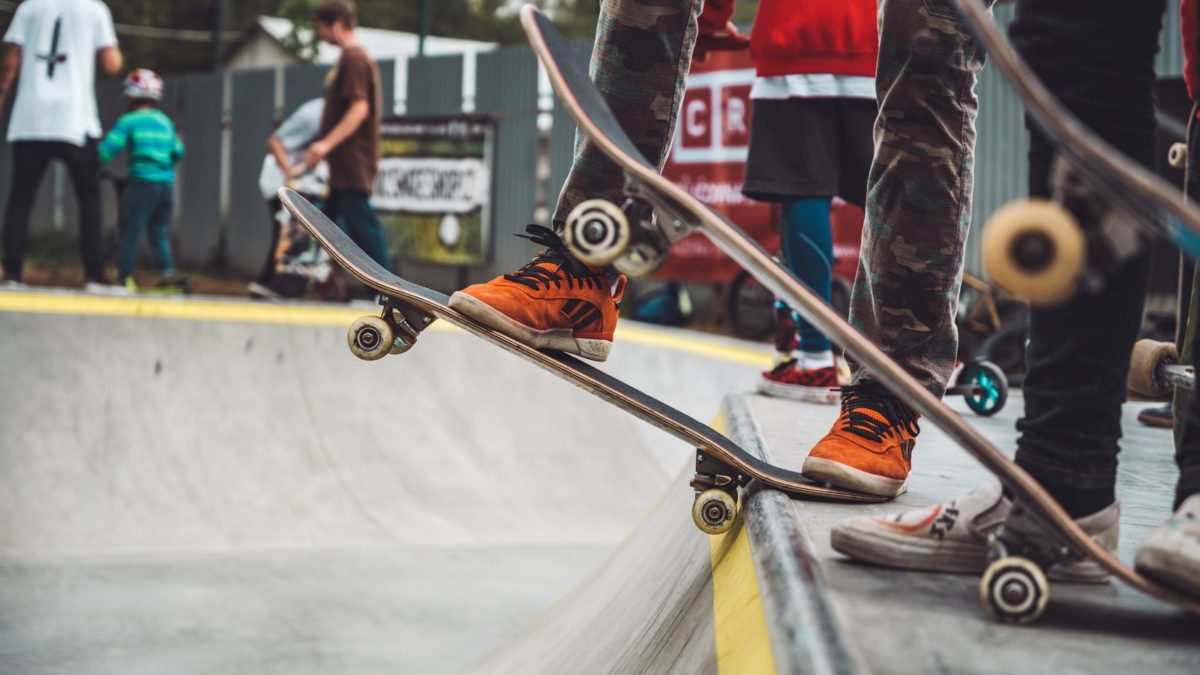
Skateboarding legend visits Salt Lake City. Photo: Jan Kopřiva
SALT LAKE CITY, Utah. — Salt Lake is playing host this weekend to the first of three Street League Skateboarding (SLS) 2021 Championship Tour stops, with the world’s best men’s and women’s street skateboarders competing in the finals today.
But after SLS and its skaters pack up and leave town, the skatepark on which they competed will remain in Salt Lake City for the local community to enjoy and will—hopefully—soon host another major street skateboarding contest writes Michelle Bruton for Forbes.com.
At a ribbon-cutting ceremony on Friday morning, the park was dedicated by Vans senior director of global marketing (action sports) Bobby Gascon; Tony Hawk, who joined Vans as an ambassador in 2020; and Jeff Robbins, Utah Sports Commission CEO and president. The three parties worked together to bring the park to Salt Lake City—situated right next to the Vans–Utah Sports Commission Skatepark, a legacy park terrain course designed and built for the Utah community by Vans and California Skateparks.
The stakeholders also worked with SLS to make the first 2021 Championship Tour stop the inaugural event to be held on the new street course.
Having two permanent, legacy skateparks in Salt Lake City is a goal that has origins all the way back to Salt Lake City hosting the Winter Olympics in 2002. After that event, Robbins, who founded the Utah Sports Commission more than 20 years ago, wanted to make Salt Lake City a go-to destination for action sports events—in summer and winter.
“[The SLS Championship Tour event] will be the largest skateboarding event in the world after the Olympics, and [the event is] able to give skateboarding a boost and leverage that notoriety from the Olympics instead of it just going quiet,” Robbins told Bruton Friday. Serving as “the mediator who brought all the parties together,” Robbins said the parties were ultimately able to put aside differences in business models and ethos to build the park in time to host the SLS tour event.
The Utah Sports Commission put on nearly 50 events in a bubble during Covid in 2020—one of the first sports bubbles created, well before the NBA and NHL playoffs—generating $49 million in economic impact. There was no template, no blueprint. So to host an event in August 2021 where fans could be in attendance—unlike at the Tokyo Olympics, where skateboarding made its debut in July—Robbins felt that his team had the experience to do so safely, not to mention a brand-new skatepark to boot.
“There are so many reasons to do it,” Robbins said to Bruton. “The athletes need a break, our citizens need a break. I do all sorts of things here, but I have a soft spot in my heart for skateboarding and action sports.”
The Utah Sports Commission split the costs of building the bowl park that was donated in 2019 with Vans. For the new street park, the state of Utah provided most of the funding, using a public-private model. More than 750 taxpayers and members of the community were able to offer a unique amount of feedback on the park build by way of the Vans retail locations in the Greater Salt Lake City area.
In that way, the goals of the public, the goals of the skateboarders and the goals of the state all dovetail.
The economic impact, image-building and brand awareness for the state of Utah—which has trademarked the tagline State of Sport in its quest to become a global destination for action sports competitions—are invaluable.
Skateboarders are able to have a direct impact on the features of the permanent park. And community members enjoy a new public park that just possibly could allow their city to produce the next great Olympic skateboarder writes Bruton.
According to Robbins, per capita, Utah has the youngest demographic in the nation. “Action sports have always been something that’s resonated here,” Robbins said. “We’ve had seven Dew Tours, we’ve had Rampages, we’ve had rallycross, we’ve had Nitro; all these action sports events and skateboarding events. It caters to our demographic really well.”
The accessibility the two parks now provide could fast-track the development of Salt Lake City’s future pro skateboarders. “You’ve got the incubator to foster the next Olympians and really just have the best talent in the world be groomed and supported through Salt Lake City,” Gascon said to Bruton. “I wouldn’t be surprised, down the road you’re definitely going to see global skateboarders choosing Salt Lake City as their residence not only to train and enjoy the facility but everything Salt Lake City has to provide.”
According to Gascon, the dedication of the street park is still considered “phase one” in the expansion of the initiative that saw Vans build the park course in 2019. Some elements of the street course are still missing, but phase two will deliver on those, as well as incorporate more of the community feedback.
The bowl park built in Salt Lake City in 2019 was the fifth of five total parks Vans built around the world to stage its Park Series of competitions. Being able to leave the community with a free and accessible park after staging events is a core tenet of Vans’ philosophy. “There’s something about doing an event where then the following Monday, it’s a dirt field or damaged grass,” Gascon said to Bruton. “For me, I’ve said it during Park Series, the true win or the big highlight of the event is when this park gets handed over to the community.”
As part of his ambassadorship role with Vans, Hawk leverages the work he already does with his foundation, The Skatepark Project, to help provide access to skateparks across many communities in the U.S. and abroad.
“This is the most important work that I do and definitely the stuff I’m most proud of in my career, bringing skate facilities to underserved areas,” Hawk told Bruton. “It’s been the mission of our foundation coming up on almost 20 years. I enjoy that very much. I’m so thankful to be partnering with Vans because they’re helping to expand that much further than I ever imagined.”
Why return to Salt Lake City? Per Gascon, Robbins and the Utah Sports Commission were “pivotal” because of the vision they shared for skateboarding’s role in the Salt Lake City community.
“This is park No. 5 that we built around the world for Park Series, but with Jeff, it didn’t stop there—it was, ‘What’s next and how do we make sure that we continue to build skateboarding?’” Gascon said to Bruton. “His vision and his commitment to doing right by skateboarding have been really kind of amazing to see and how respectful he was to make sure that skateboarding was respected. It was not just about the event; it was the legacy for the community with the park, and then afterward, it was, okay, what are we going to do for street?”
Both the park course and the street course were built out by California Skateparks. On Friday, the street course hosted its first ever competition action with the men’s and women’s SLS Championship Tour prelims. The champions will be crowned in Saturday’s finals. It was critical to the Utah Sports Commission that the events be free to the public; as a Covid mitigation, they were limited capacity on a first-come, first-served basis.
Bruton writes that, in addition to the SLS Championship Tour stop, the Utah State Fairpark is also playing host Saturday to the inaugural Tony Hawk’s Vert Alert, a vert contest Hawk partnered with Vans to stage. Friday saw the Vert Alert Legends Demo, where the biggest names in vert skateboarding history, from Hawk to Steve Caballero to Christian Hosoi to Bob Burnquist to Andy Macdonald, all took to Hawk’s vert ramp—which he shipped to Salt Lake City from his warehouse outside San Diego—to show off their still-impressive skills.
In two decades between hosting the Winter Olympics in 2002 and hosting this weekend’s SLS Championship Tour stop, the Utah Sports Commission has overseen some 1,000 events. Robbins credits that prolific output to partnerships, like the one his organization enjoys with Vans.
“Nobody ever does something great without a lot of great partners and collaboration,” Robbins said to Bruton.











